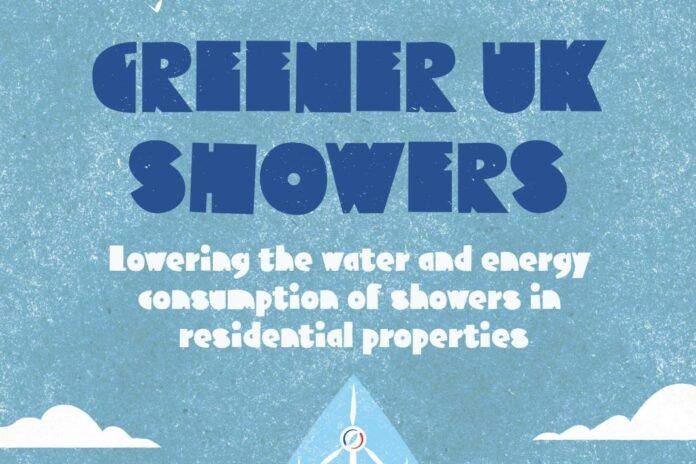
A report on residential water and energy consumption by Triton Showers has highlighted the emergence of more sustainability-orientated house buyers.
The research revealed “a growing clamour amongst homeowners for products and appliances that minimise their impact on the environment”.
Among the findings were that 86% claim water wastage is an important issue to them.
David Tutton, managing director at Triton Showers, said: “According to the Energy Saving Trust, 62% of a home’s water demand, as well as a large proportion of its energy usage, comes from bathrooms. This means that manufacturers such as ourselves need to provide a pipeline of sustainable products that allow consumers to make environmentally-friendly choices.
“Our research, in fact, shows that homeowners want to make a positive change, so it is up to everyone in the supply chain to help them do so.”
Just over half, 55%, of respondents said they expected to pay more for eco-friendly products.
David added: “It’s fantastic that consumers are engaged with sustainability, and the fact that 80% said they want housebuilders to play their part really does underpin this appetite. But we have to help them to understand the impact that they as individuals can make, and how small actions such as reducing shower times by a minute can have a significant effect. It’s about ensuring customers can continue to have a great showering experience, all while doing so with a cleaner conscious.”
The Greener UK Showers report concludes with a detailed look at the types of appliances that are integral to reducing a bathroom’s impression on the environment. Research showed that an average family of four could save to up to 48,000 litres of water per year by opting for an electric unit. That’s 0.31 tonnes off a home’s carbon footprint – equivalent to a car journey from London to Valencia.
The report is part of a wider campaign by Triton, which has partnered with the Carbon Trust, setting the objectives of being Carbon Neutral by 2022, and Carbon Net Zero by 2025. In 2021, Triton attained the Carbon Trust Standard for year-on-year carbon reduction.
